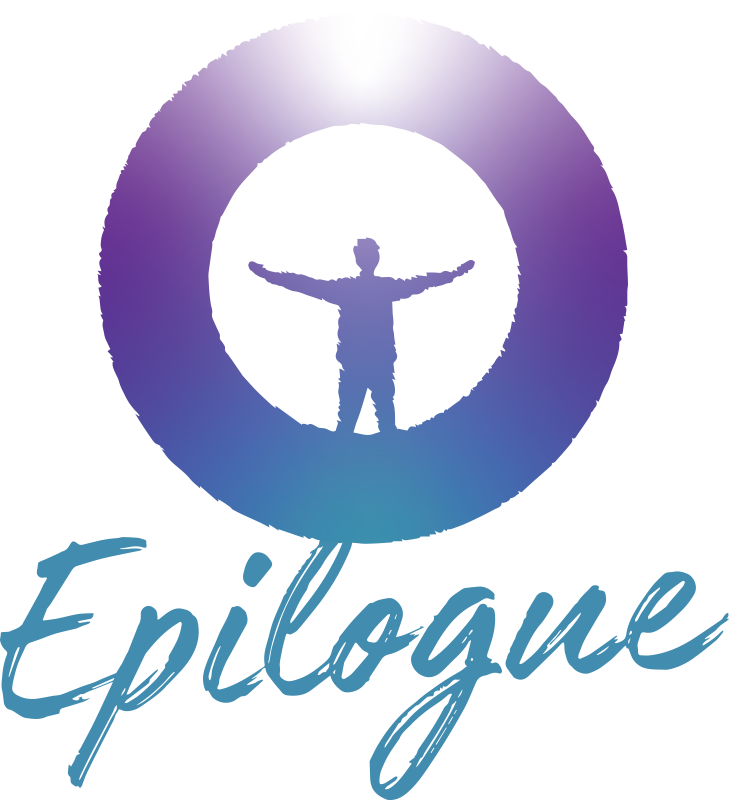Who am I ? …
My name is Agnieszka Światłowska. I was born in Poland, where I spent almost 30 years of my life. For the last 15 years, I have been in Australia and at the moment I live in Sunshine Coast with my son Tibo.
I have studied community development and counselling. I am passionate about true human connections and creating conscious communities, where all aspects of life are acknowledged and met with courage, care and trust.
The music, language and culture of my motherland shaped my soul, as well as rich stories from other cultures and meeting people from all walks of life.
Every day I seek and strive for meaningful encounters with others.
... and why do I support individuals, families, and communities?
In June 2018, I was privileged to accompany my dear friend, Phyllis Bishoff, during the last days of her earthly life. When I reflected back a few days after she died, I realised that I had experienced and received the gift of the most profound, all-encompassing love that I had ever felt.
After that experience, a dream started to dwell in me, that this all-encompassing love could be experienced by other people who accompany their loved ones to the threshold of death. I wondered what it would be like if our lives could be enriched by this profound experience in such a way that trust and peace could be born as a result of our conscious presence and experience of being with a dying person.
I have always been curious about dying and death. I have often asked myself what those last moments have to offer those who are dying and those who are left behind. I have had many questions like:
Are we accompanied by something during those precious moments?
Does the last exhaled breath mean the end?
Can we prepare for the dying and death, so we are not taken by surprise when it happens – just as we prepare ourselves for the birth of our children?
How did it happen that dying and death became taboo topics in our society?
These are not easy questions to answer and require our willingness to experience and investigate the topic that is not normally part of our experience.
Hundreds of years ago, when we did not have the advanced methods of saving lives that we do now, the mortality rate was much higher. Almost every mother lost at least one of her children and people died of illnesses they would survive today. As a result, death was a common occurrence in family life. Children and older people usually died at home, so family members were familiar with the care of the dying and of the dead body. In those days, every person understood dying, death and grief, not from what they saw in the movies, but through their own experience.
Community members were touched by death and dying and were involved in rituals and celebrations for this part of life as a regular occurrence, and a natural part of life.
In the present day in countries like Australia, most of us have lost the capacity to talk easily about death and dying. We lack the necessary language, and without words, we feel uncomfortable with the end of life matters. As a result, we have no knowledge of what to do when someone is dying or has died.
We all have the possibility to develop our own unique approaches to life as well as to our final days on earth – perhaps even outside of the traditions in which we were raised. In the present time, when many of us live rushed lives, it is a thoughtful and courageous gesture to take time to think about your own death and dying.
I hope my work and offerings will become an open invitation for you to make this gesture, and I will be privileged to hear from you, whatever questions you have. Please email me on welcome@epilogue.net.au or call on 041 029 3437.


